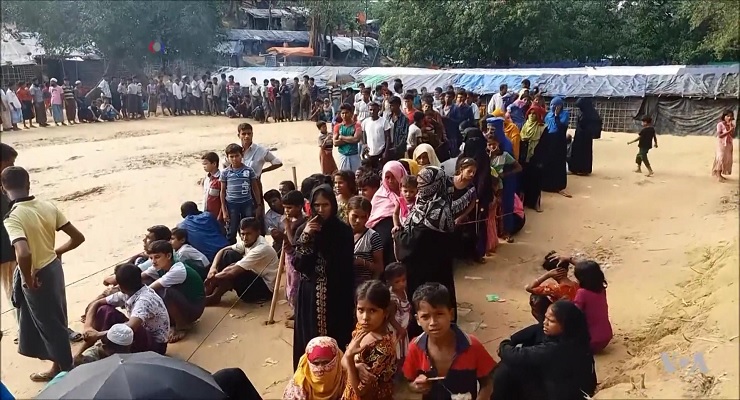
Human Rights Watch stated that
The Bangladesh government should end restrictions on Rohingya refugees’ freedom of movement and access to the internet and online communications, Human Rights Watch said today. Government restrictions have intensified following a failed attempt to repatriate refugees to Myanmar, a large rally by Rohingya refugees, and the killings of a local politician and four refugees.
“Bangladesh authorities have a major challenge in dealing with such a large number of refugees, but they have made matters worse by imposing restrictions on refugee communications and freedom of movement,” said Brad Adams, Asia director. “The authorities should take a level-headed approach instead of overreacting to tensions and protests by isolating Rohingya refugees in camps.”
On September 1, 2019, the Bangladesh Telecommunication Regulatory Commission (BTRC) ordered telecommunication operators to shut down mobile phone services in the camps within seven days. The next day, the BTRC ordered mobile network operators to shut down 3G and 4G services in the camps each day between 5 p.m. and 6 a.m. While the authorities say the shutdown is to enhance security, they have not explained how. The 13-hour daily shutdown puts approximately one million refugees at serious risk by cutting off communications with security, health, and other necessary services.
See full story here.
Leave a Reply